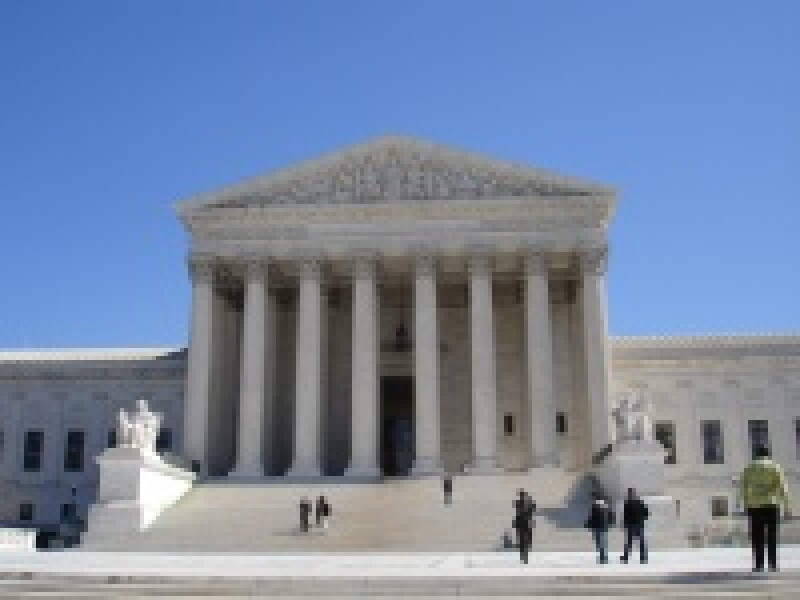
US Solicitor General Donald Verrilli filed a brief in December asking the Supreme Court to accept the case. Verilli argued that the Patent Act does provide sufficient guidance on whether “divided” patent infringement occurs when two separate parties each perform different steps of a method claim. He asked the court to rule in favor of accused infringer Limelight.
Akamai filed its petition requesting certiorari in February last year. The company argues that Limelight infringed its US Patent No. 6,108,703 covering a method for handling web traffic more efficiently, by performing some steps and inducing its customers to perform others.
In its response, Limelight asked the Supreme Court to accept the case and reaffirm the conclusion reached in the 1961 case Aro Manufacturing v Convertible Top Replacement: “If there is no direct infringement of a patent there can be no [indirect] infringement.”
The Supreme Court will also decide whether to accept several other patent cases on Friday. In Nautilus v Biosig, it is being asked to consider whether the Federal Circuit has an overly permissive standard for deciding whether patents are indefinite.
Soverain Software v Newegg raises the question of whether the Federal Circuit is correct in considering the obviousness standard de novo.
Power Integrations v Fairchild Semiconductor International concerns the question of whether the Federal Circuit was correct to conclude that patent damages can never be based on lost foreign sales, even when the patent infringement occurred within the US.
In Organic Seed Growers and Trade Association v Monsanto, the Supreme Court is being asked to consider whether the Federal Circuit erred in ruling that a group of farmers may not bring a lawsuit seeking to invalidate Monsanto’s patents on GM crops because Monsanto has promised not to sue farmers whose crops inadvertently contain the patented genes.
Metso Minerals Industries v Powerscreen International Distribution raises the issue of whether prior art concerning obviousness needs to be “fully functional” in order to qualify as prior art. After hearing this case, the Federal Circuit ruled that it does not.









